| Kavya Kulshreshtha and I have published "Re-learning Puberty: Minimising Period Shaming in Urban Schools" with HWWE 2021. This research addresses the issues of understanding menstruation and its communication among the stakeholders: school-going students, parents and teachers. Kavya's design offers to minimise period shaming. As a supervisor, dealing with the topic and the 'female' student was initially challenging. However, as the project demanded and progressed, many perception blocks disappeared. It was then challenging to deal with the participants ethically; we devised multiple strategies, including semi-structured interviews and FGDs. One such method was Visual Card sorting, where visual cards were "made to analyse participants' uninfluenced behaviour towards sanitary napkins in their natural surroundings like home, school, and market... ". Read the published version here Read the submitted version here |
|
Visual Alankars: Toward a Decolonized Visual Design Framework
Authors: Raina Singh and Saurabh Tewari The research aims to experimentally evolve visual design fundamentals by borrowing literary principles from Hindi Vyakaran (Hindi grammar system). Alankars, which are literary devices in Hindi Vyakaran, are used to enrich literary compositions through the playfulness of structure and enhanced meaning. This study methodologically explores Alankars in the context of visual design. The pragmatics of the research employs Madhubani folk-art tradition from the region of Mithila in India. Compositions using visual elements and styles of traditional Madhubani folk-art attempt to understand the structures and meanings of Shabd Alankar and Artha Alankar in the research. The study highlights the potential of indigenous knowledge systems to offer a methodological lens for visual design research. More here Dots and Lines: Indian Folk and Tribal Art Inspired Activities for Kids
Authors: Rinki Sambhani and Saurabh Tewari Moving beyond the models of passive learning through secondary sources, the design aims at employing an interpreted form of indigenous design tradition to engage children in various creative art and craft activities. In this case, the Gond paintings of Madhya Pradesh and its visual forms are explored to create an activity kit. The methodology in designing the learning tool involved a series of steps to conceptualise, develop and synthesise a designed product. The dots and lines activity book and the Gond art learning kit inspire kids to pursue creative art and craft activities at an early age. More here PowerPost: A Framework for Designing Visual Political Communication
Authors: Anik Ghosh and Saurabh Tewari Visual media is an essential medium of political communication which is used by various stakeholders in democracies. However, most people engaging in political discourse are not professionally trained in design and are unable to communicate their messages effectively through visual media. The process of designing visual political communication (VPC) can be made more effective by incorporating domain-specific design principles in the design process. These design principles are identified by an examination of existing research on perception and cognition of VPC and analysis of its useful examples. An application, PowerPost, is proposed based on the basis of this analysis. More Here Co-presented at #ICoRD21 Industrial Design Centre, IIT Bombay with Raina Singh, Anik Ghosh, Rik Bhattacharjee and Rinki Sambhani. It was an honour to present the project explorations-turned-papers to the Design Research fraternity. It also allowed us to reflect more on the methodological, pedagogical and critical components of the Design Research at Department of Design SPA Bhopal Thanks to all the chairs (Profs Peer Sathikh, Ravi Mokashi Punekar, Mazhar Kamran, Shilpa Ranade) and audience for the valuable feedback.
Today, I presented a lecture, Designama: Shifting Positions of Design in India, at the New York University, 4-5 pm, 18 Feb at IDM, Room #324, 370 Jay St., Brooklyn, Department of Technology, Culture and Society, NYU. Thanks to Ahmed Ansari for hosting me at New York. "At a one-day preconference colloquium, to be held this year at the School of the Art Institute of Chicago, the fifteen new participants will discuss key issues in the international study of art history together with five CAA-Getty alumni and several CAA members from the United States, who also will serve as hosts throughout the conference."
As a CAA-Getty International Program Fellow, I will be attending CAA Annual Conference and Fellowship Program in Chicago, February 2020. As part of the School of Planning and Architecture Bhopal's BReUCom (Building Resilience in Urban Communities) project team, we presented the updates on the following four case studies being carried out at the institution:
Building Resilient Urban Communities (BReUCom) is a project funded under European Union Erasmus+ Program in the field of Capacity Building in Higher Education. SPA Bhopal has collaborated with Danube University Krems Austria, University of Twente, KRVIA Mumbai, SPA Vijayawada, NIT Hamirpur (HP) and the Indian NGOs SPARC and CURE to develop case studies, courses and professional development programmes in the emerging field of Urban Resilience. Note: This project has been funded with support from the European Commission. This communication reflects the views only of the author, and the Commission cannot be held responsible for any use which may be made of the information contained therein. Presented two short papers during the Hyderabad Design Week at World Design Organisation @worlddesignorg ' s Research & Education Forum, Humanising Design, at Indian School of Business, Hyderabad on 10 October 2019. My first paper, Towards an Ontological Expansion of Design: Thematic Threads to advance the next Design Education Paradigm, elaborates three thematic threads, which Design Education structures and networks can pursue to advance the next paradigm. Further, through researching these under-explored positions, and exploring their inherent components, it can work towards creating new forms of knowledge in design research. As the Ahmedabad Declaration of 1979 remains a significant event in the discourse of design for development, my second paper, Design for Development 2.0? Revisiting the Ahmedabad Declaration, illustrated how the pedagogy, project and discourse of IDC and NID were conceptually aligned to the spirit of Ahmedabad Declaration of 1979. Image Credits: WDO, Anmol and Harshali
Published: The Lancaster Care Charter, January 2019, Design Issues 35(1):73-77 Click here to read further
Kolkata’s original canal (Khal in Bengali) network, the backbone of the drainage system in the city for about three centuries, has deteriorated over the years. Unchecked growth and related land-fill, lack of periodic maintenance, poor management of waste-water and solid waste are few of the reasons. Kolkata suffered terrible water-logging for over a week in September 2006. Situation has been better since then, yet there are lots to be done. Besides that, most of these water channels and large drains are stinking, dirty and unhygienic negative spaces within the city.
The workshop recognized potentials of these drains/ nullahs/ canals, and, taking inputs from multi-disciplinary intellectual exchanges, explored ideas and proposal to convert such unused spaces into environmentally sustainable and socially appropriate public places and mobility corridors. This book, a collection of the said ideas and proposals, is arranged in two parts: the one with articles situating the project (taken up in the Workshop) in the larger urban context, and the other with concept drawings and sketches depicting ideas and explorations undertaken by the diverse groups of participants in the workshop.
Had an amazing week in dealing with the Foundation Batch of NID Ahmedabad, along with the co-mentors Tanishka Kachru, Dr. Shilpa Das and Sangita Shroff.
People, Chair, and Value(S): A Qualitative Inquiry into the Material Lives
Today, Dr. Suptendu P Biswas and me, presented the context, framework and outcome of the recently concluded Search Workshop 16 at WIEZ2017. We represented Trust for Search and our respective institutions at this International Symposium organised by IIT Kharagpur and Columbia University. This is another step towards the dissemination of the idea of Landscape Urbanism and our workshop on the subject. Next in queue is a publication and an exhibition of all the proposals. Thanks again to all the associated; partners, mentors and speakers, and especially the participants of the Search Workshop 16, who will carry forward the baton.As the coordinator of the Search Workshop 16, I would like to thank each and everyone involved, participants and mentors, speakers and associates, sponsors and partners, technicians and vendors, who contributed in making Search Workshop 16, a meaningful and memorable experience. It was 21st January 2016, when I went to meet Dr. Suptendu P Biswas at his home and first conceptualised this workshop. Aur fir log judte gaye, kaarvaan badhtaa gaya...
Meeting one of the towers of Design History, Prof. Jonathan Woodham at ICDHS 2016 at Taipei
Mango Mania
|
Archives
October 2023
Categories
All
|
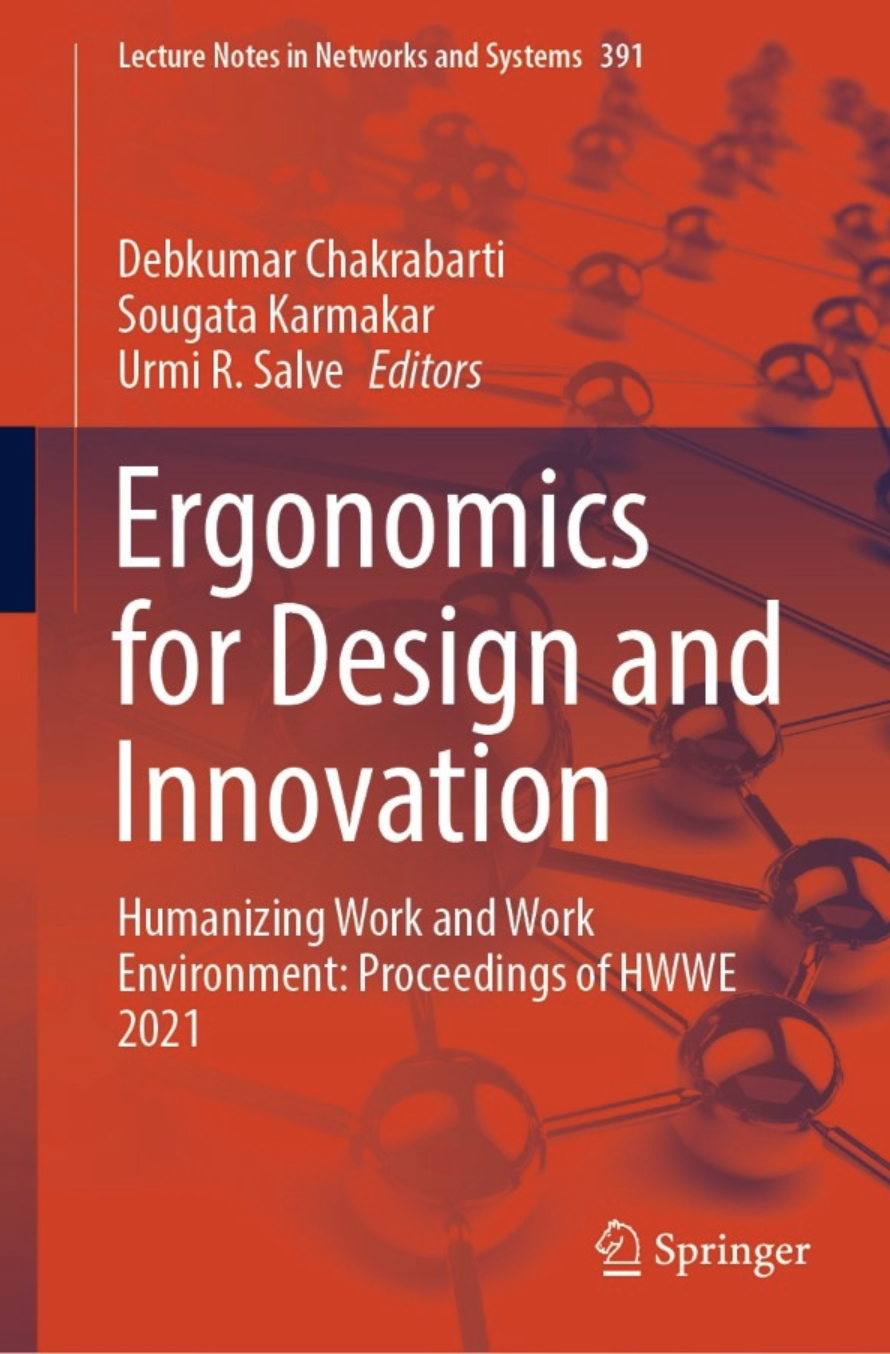
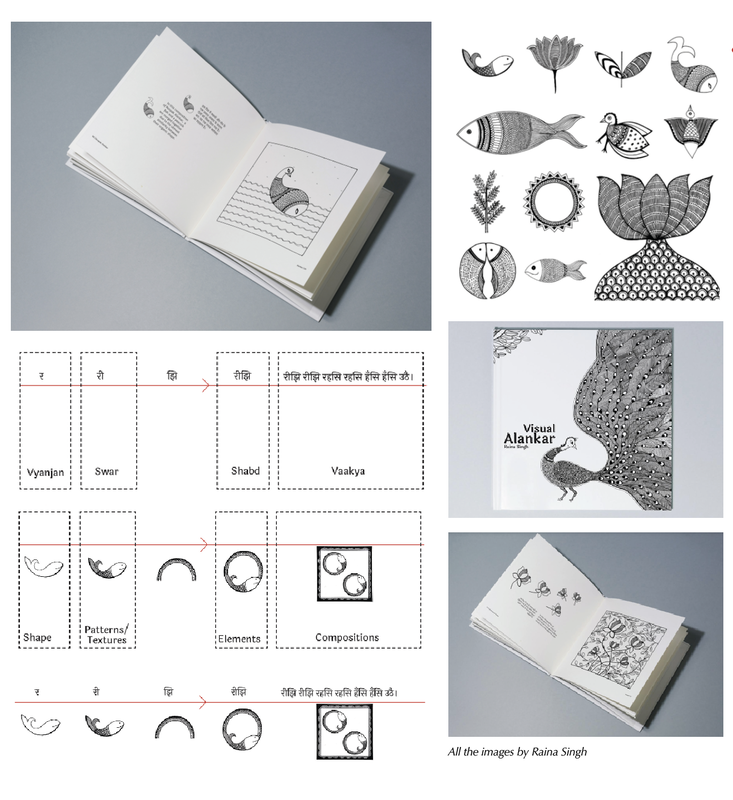
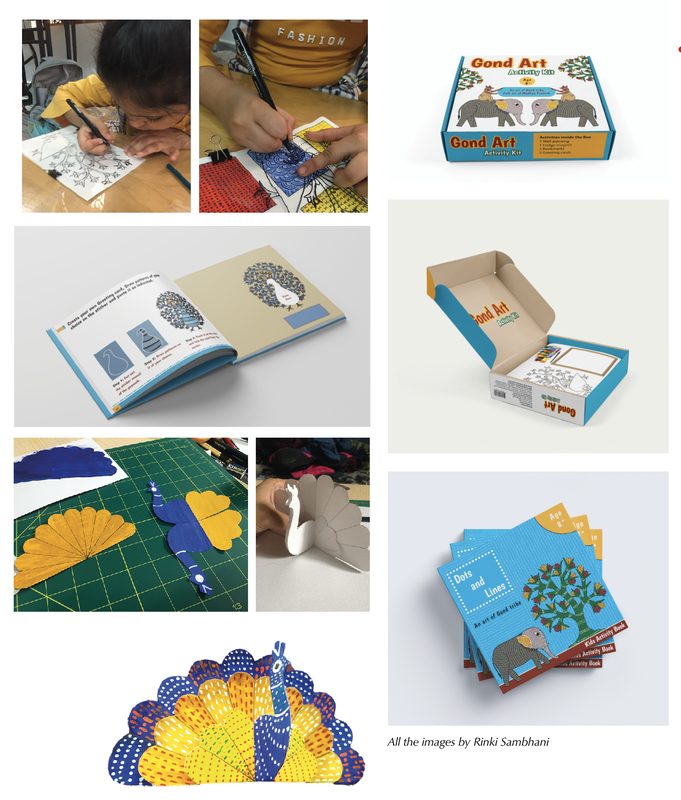
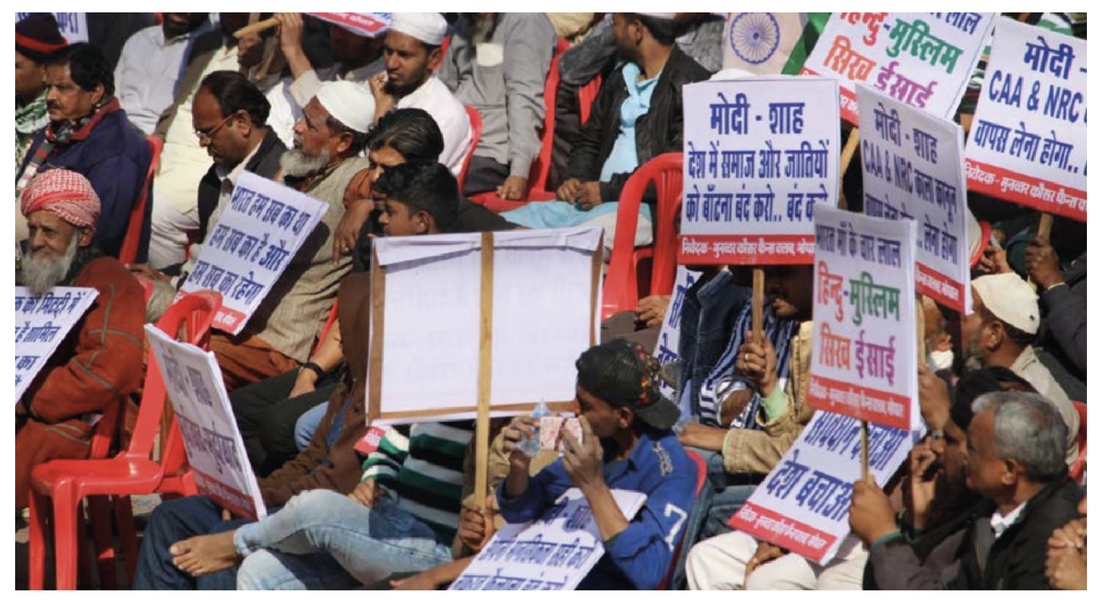
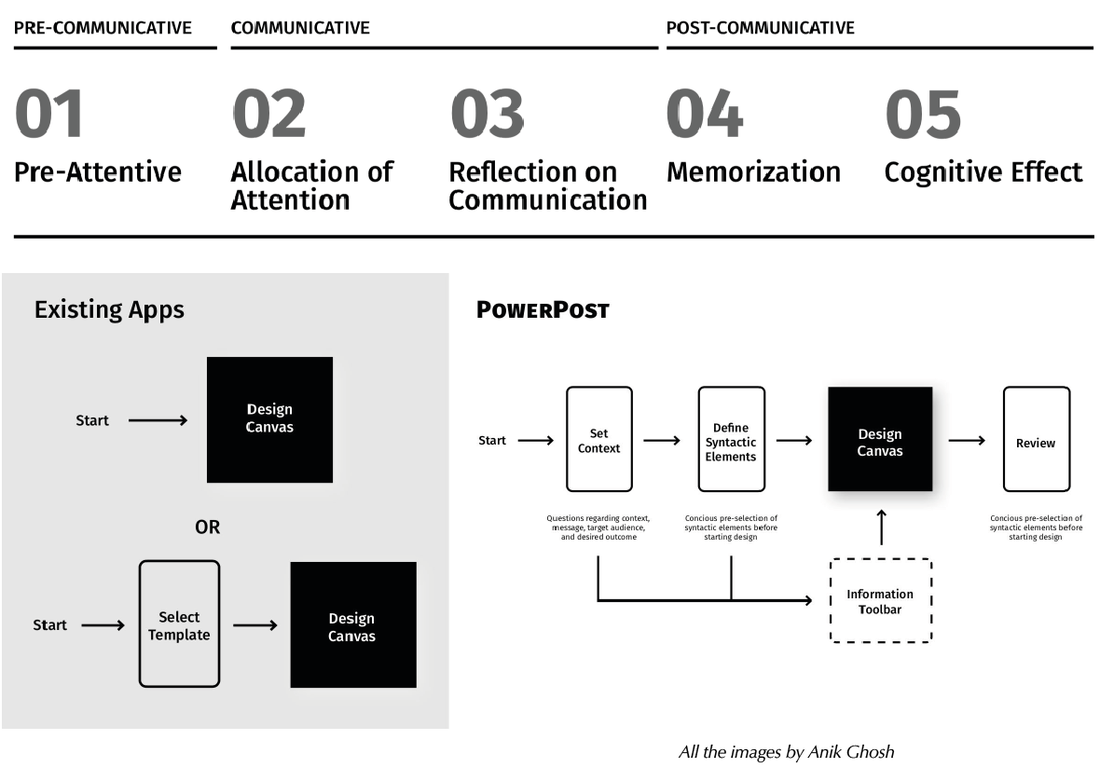
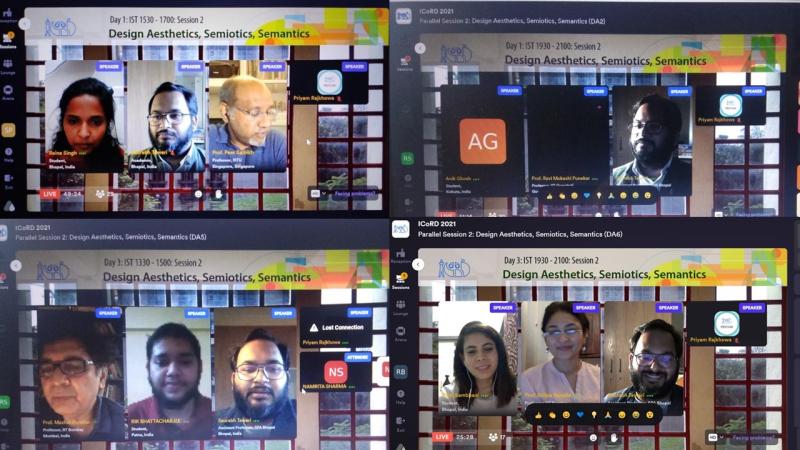
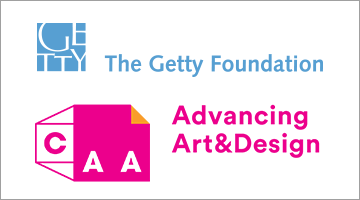
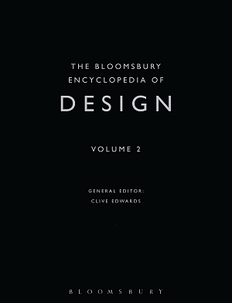
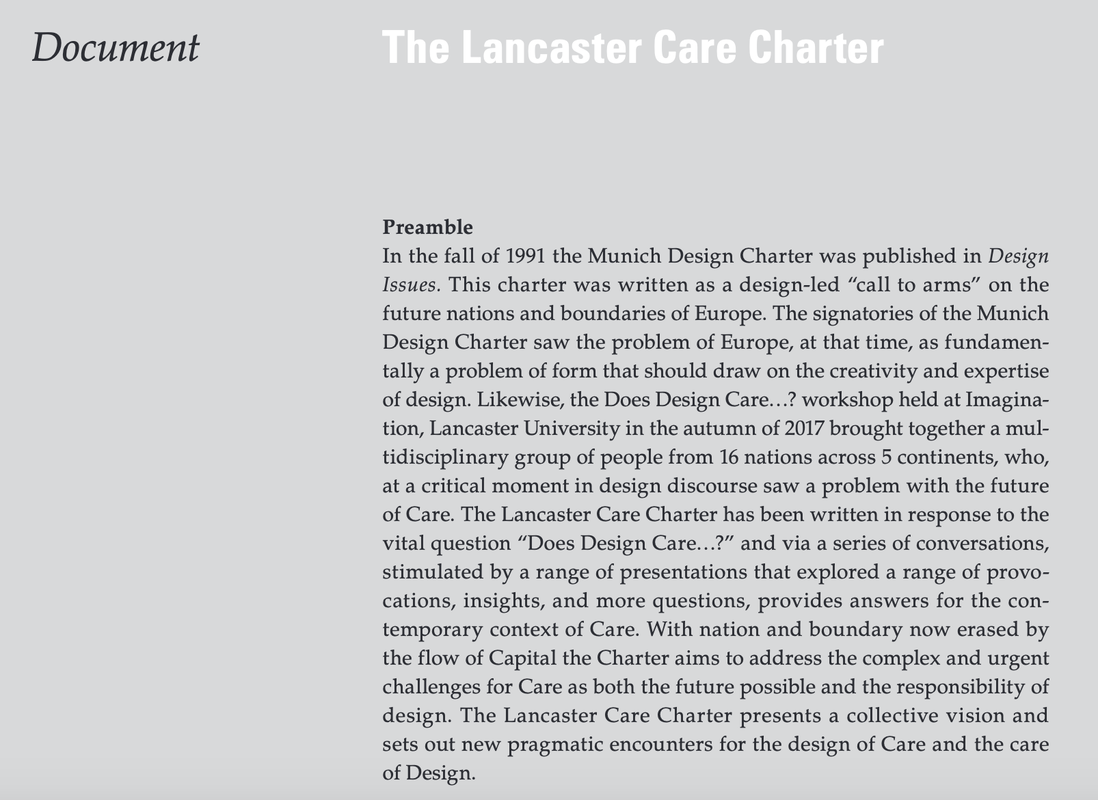
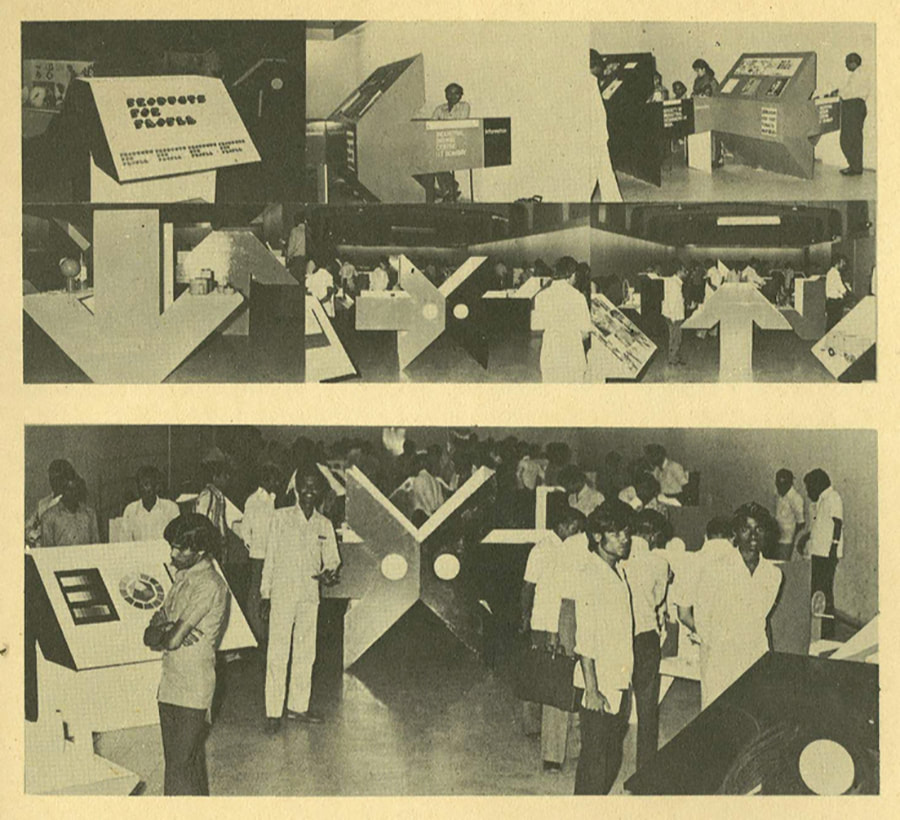
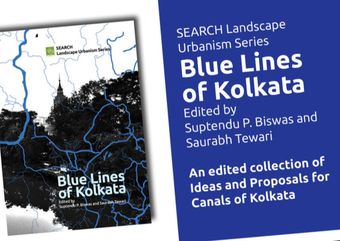
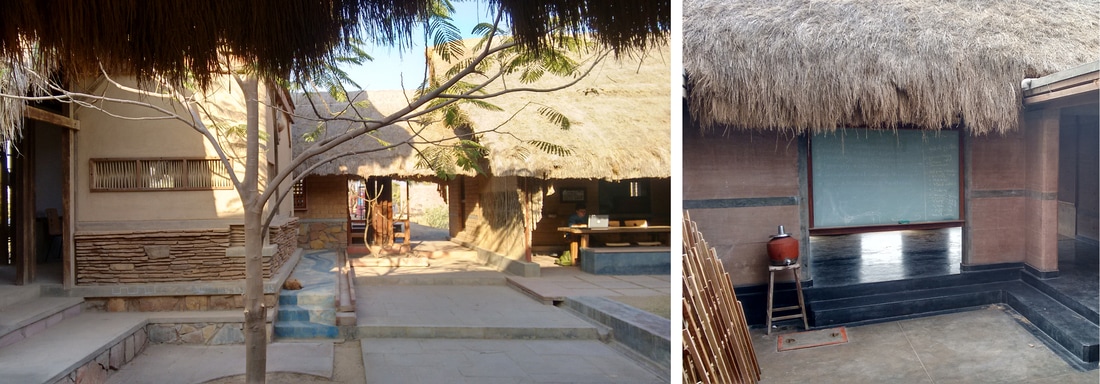
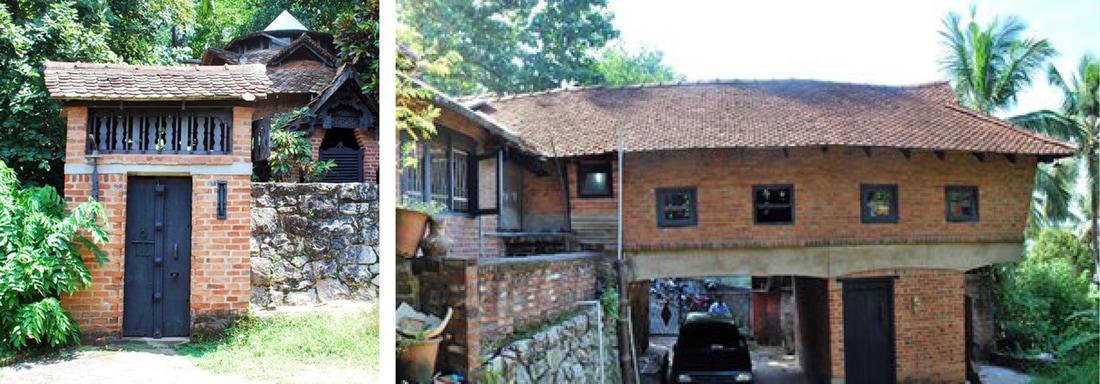
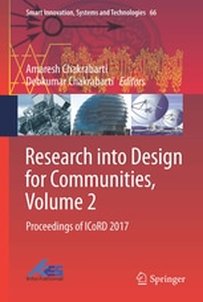
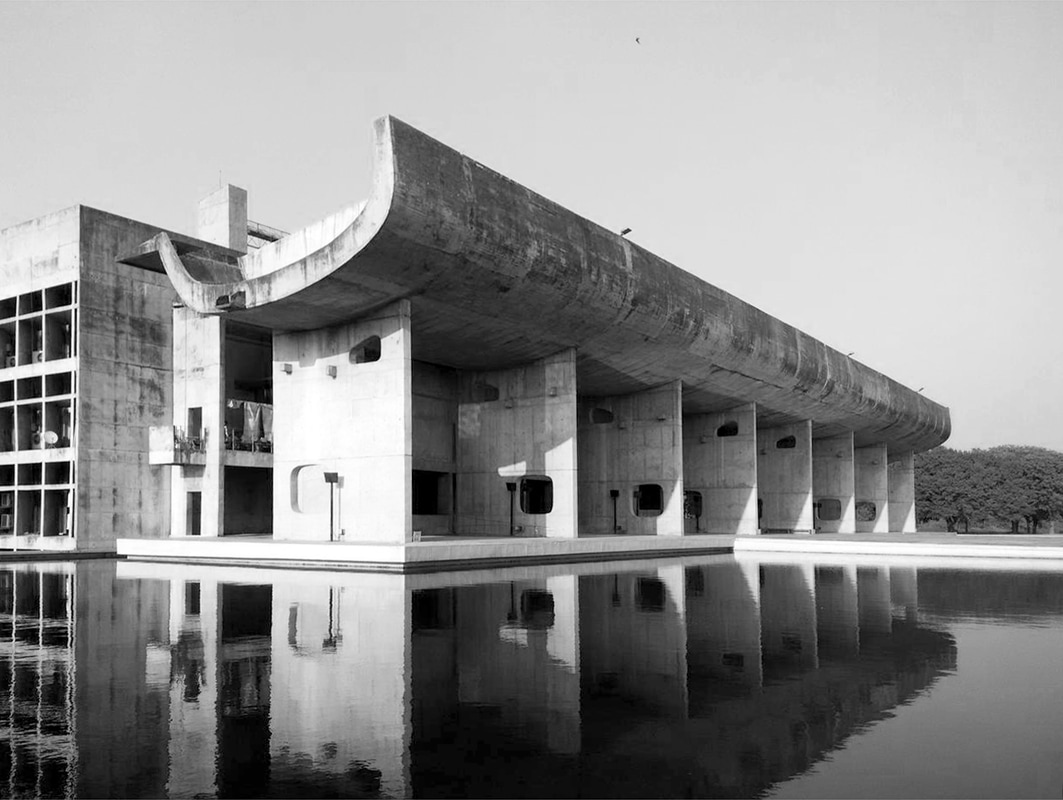
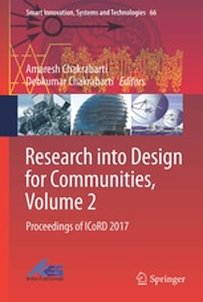
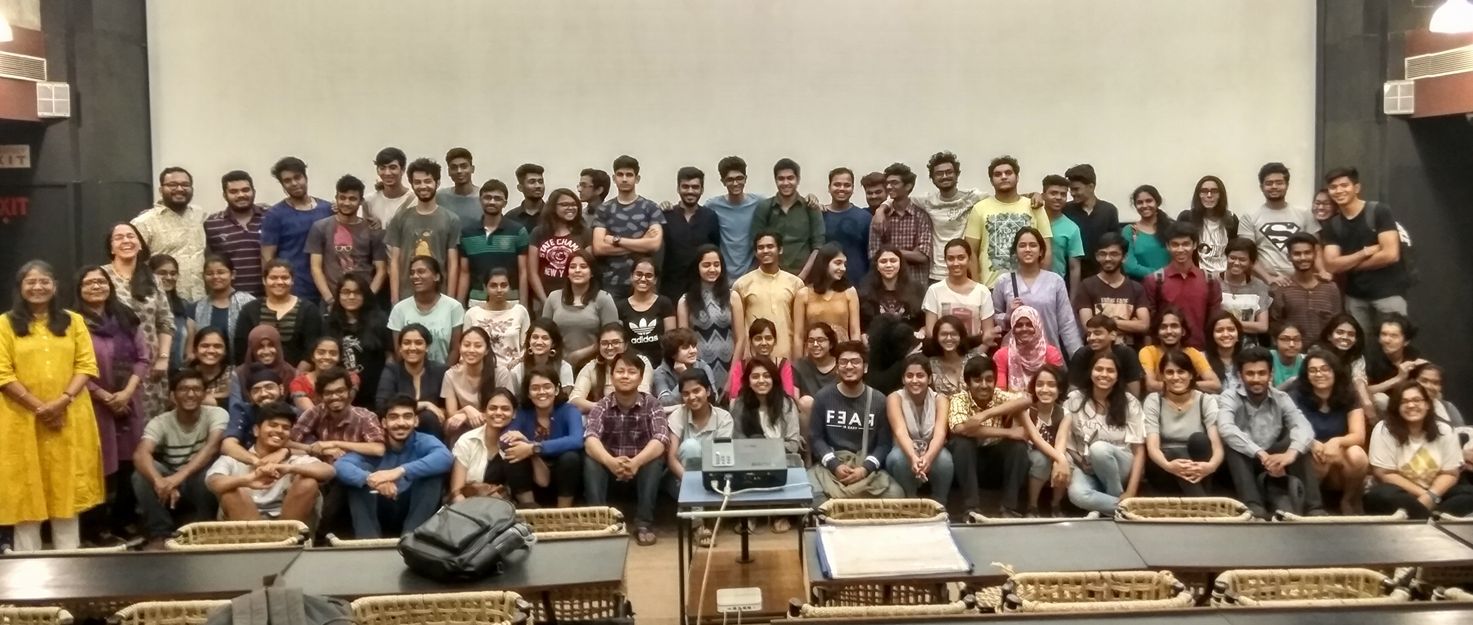
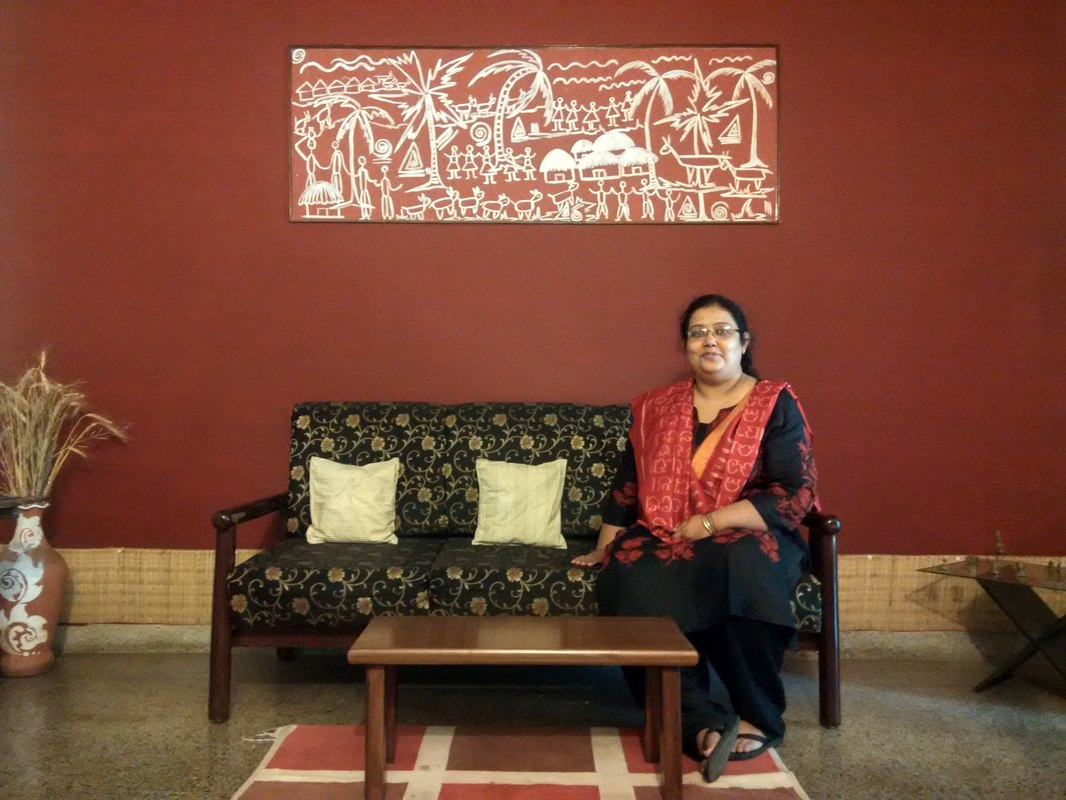
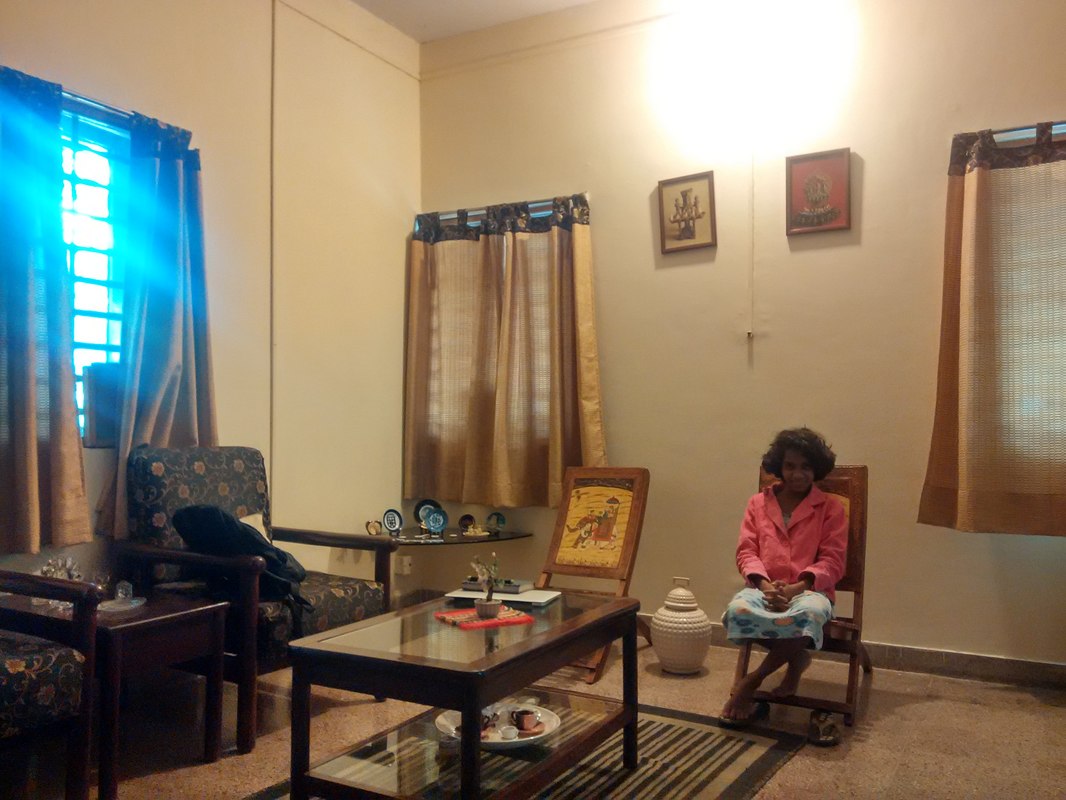
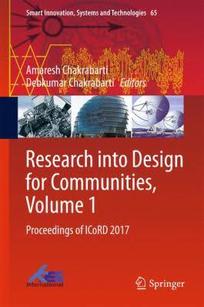
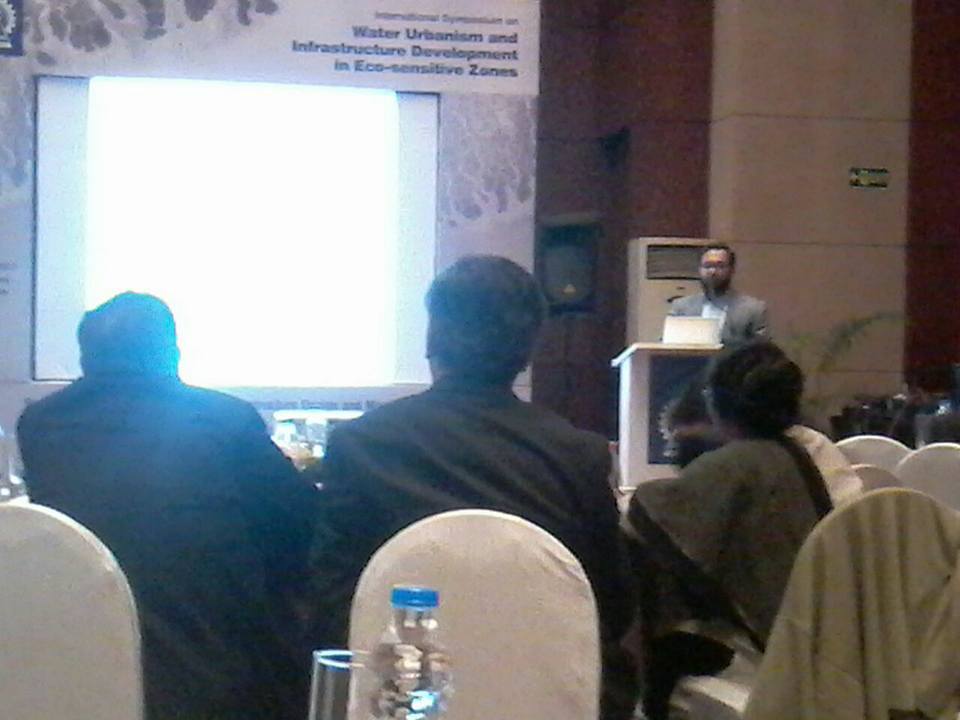
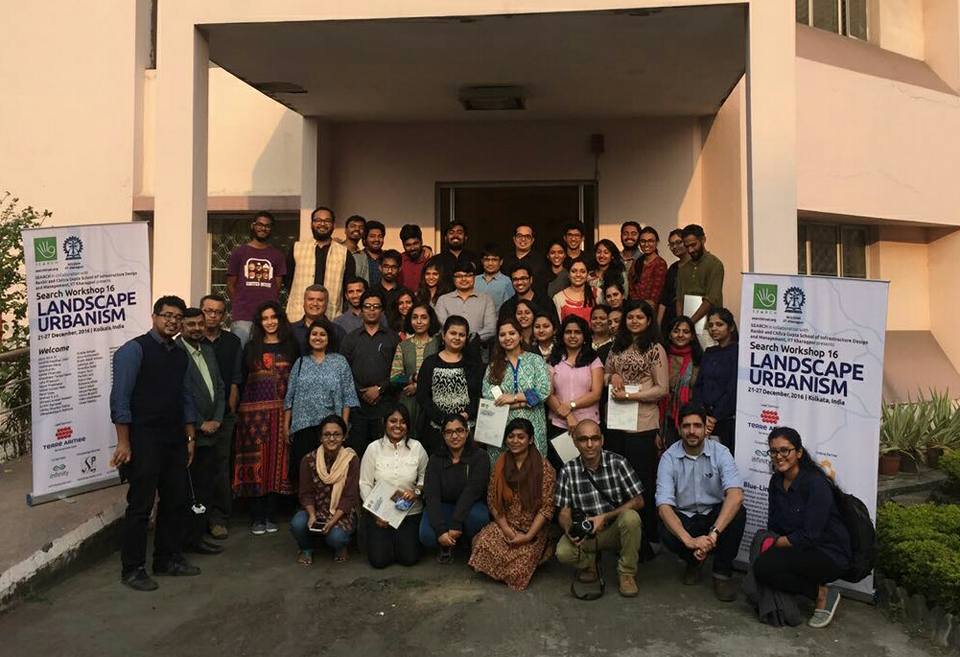
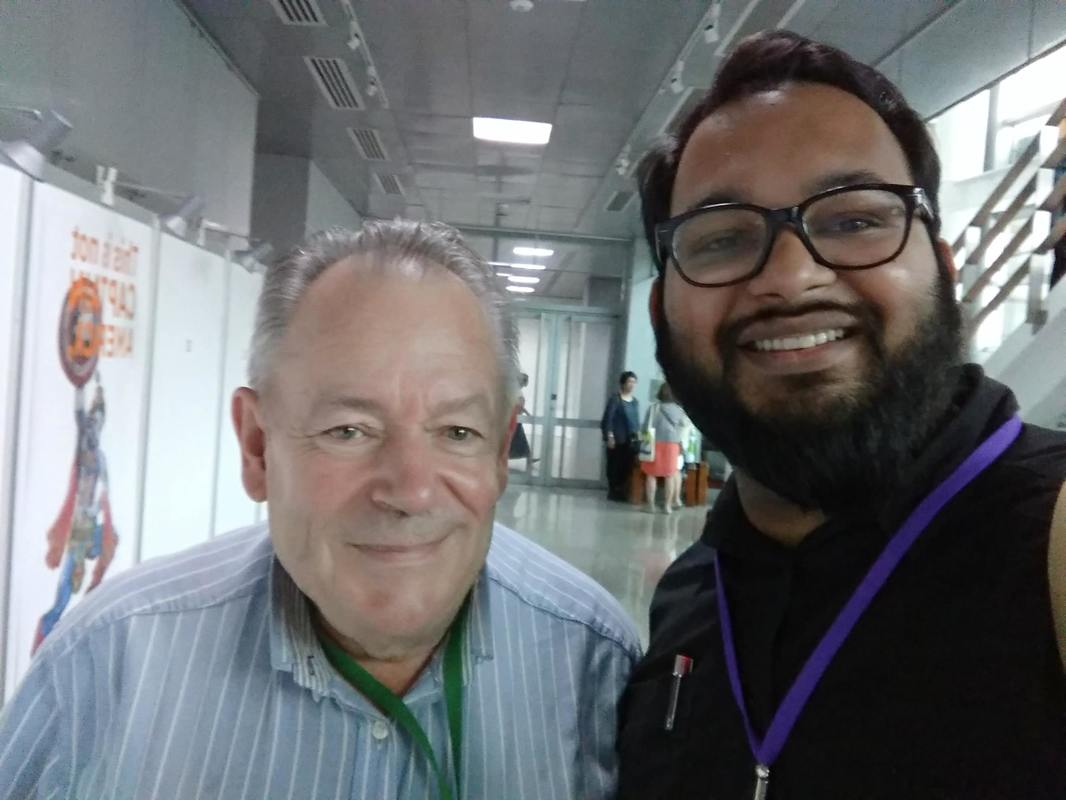

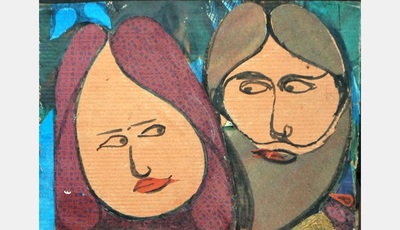
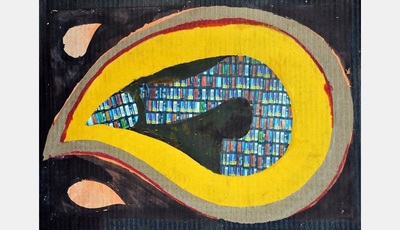
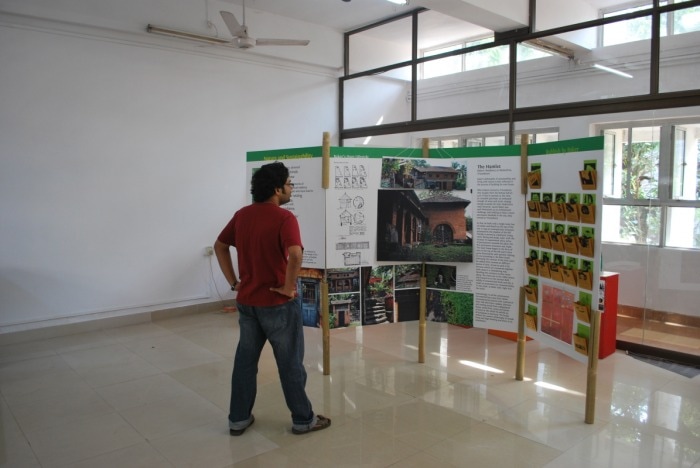
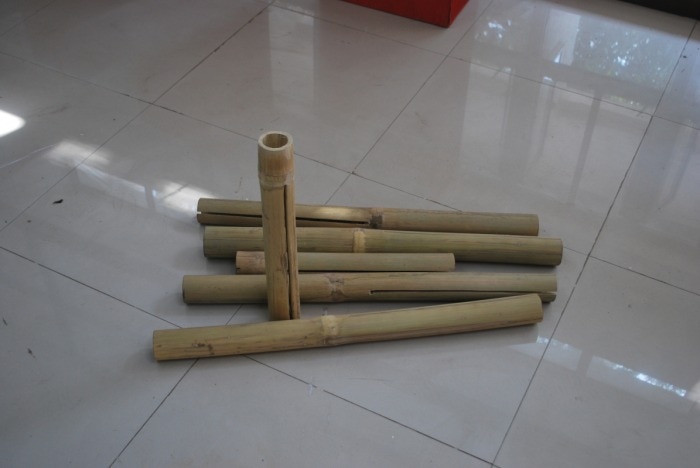
 RSS Feed
RSS Feed
